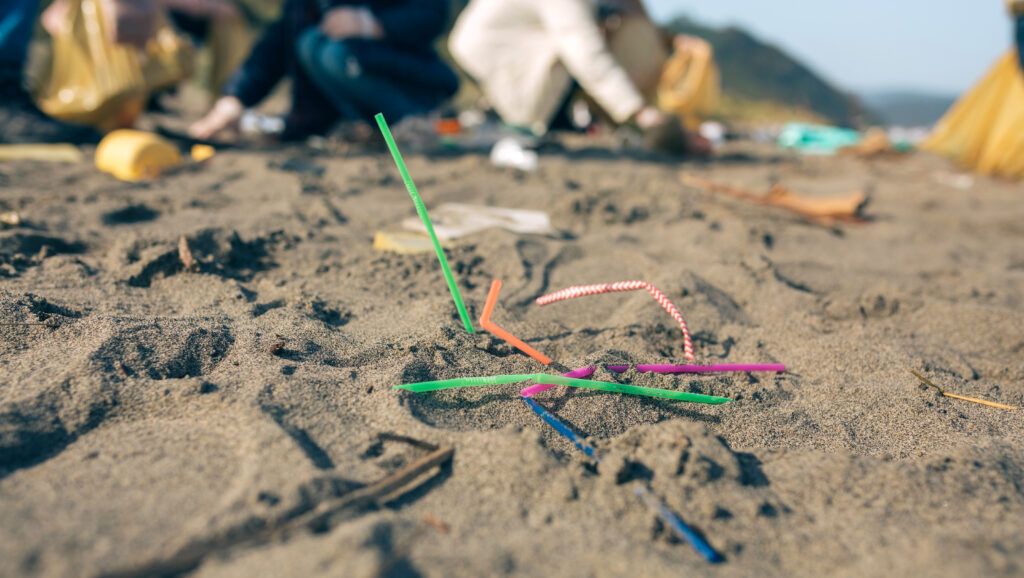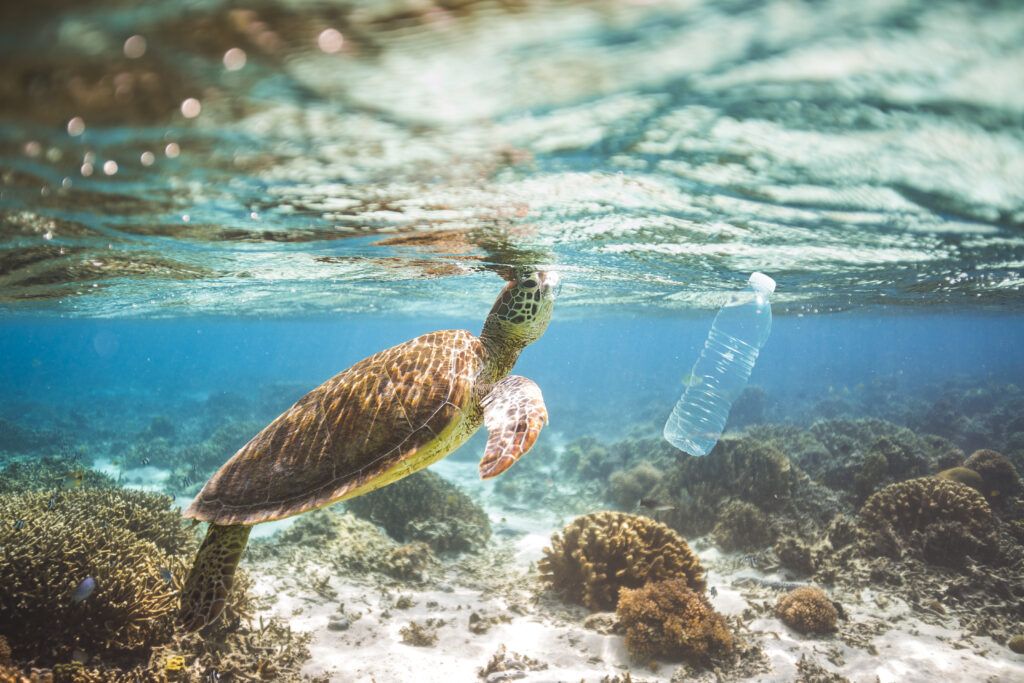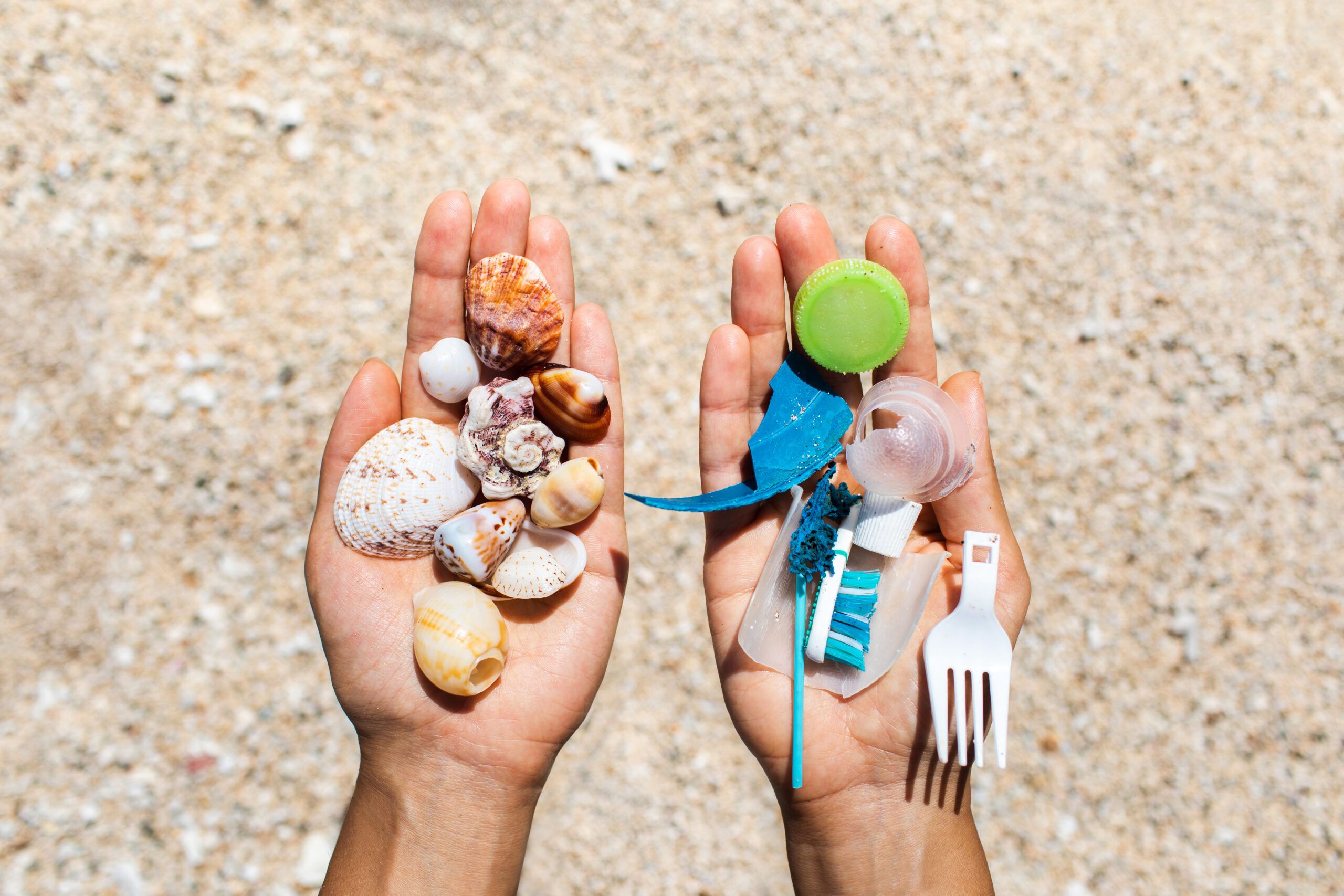Ibiza has taken the lead in the fight against single-use plastics. The Spanish island has moved ahead of European regulations to dive headlong into reducing waste generation, increasing reuse, recycling and limiting all disposable products. You may ask yourself: What has changed, and how does it affect me? Well, read on.
Coffee capsules. Bars, restaurants and hotels in Ibiza will stop offering coffee, teas and broths that use aluminium or plastic capsules. Little by little they will have to replace these capsules with others made from compostable materials or which can be easily recycled.
Single-use plasticware. With the rise of take-away food service since the pandemic, the use of disposable plastic containers has, as you might expect, increased. But it is also true that those of us living in Ibiza have been seeing our food packaged in greaseproof paper wrapping for some time now, as required by regulations. Death to polystyrene!

Straws. Straws became the poster child for the fight against single-use plastics when they were replaced by cardboard straws as early as 2018. But if you happen to get a weird aftertaste and even cringe when you put them in your mouth, there are many establishments that are now incorporating bamboo or metal straws, which are also reusable.
Single food pods in the catering industry. Bid a definitive farewell to individual packets of ketchup, mustard, mayonnaise, salt or pepper, although we will still be able to use them in our takeaway orders. Olive oil has been spared.
Cardboard packaging for cans. It’s the end of the line for the plastic rings holding soft drinks, those great enemies of the oceans. Surely you have already noticed that your beer packs are now packaged in a much more sustainable material such as cardboard.

Water. No more water in plastic bottles in hotels, restaurants and cafes, but there’s more: the law wants establishments to offer tap water free of charge, which would especially benefit customers at nightclubs, where it is not uncommon to find bathrooms with a single trickle of water in the faucets to encourage the purchase of bottles. Of course, there is always a loophole in the law, since tap water can be consumed “as long as local authorities or the water utility company can guarantee that it is fit for human consumption”. Let’s see!











